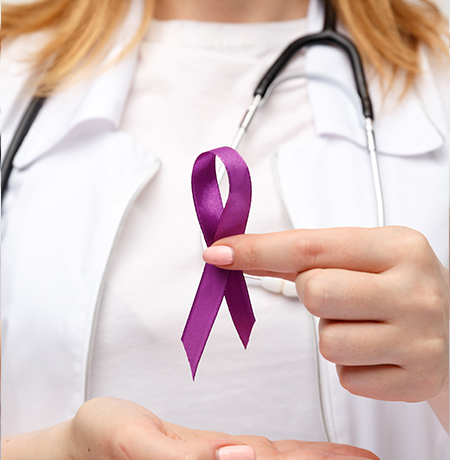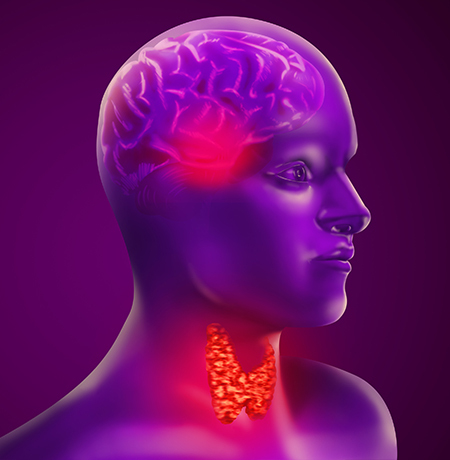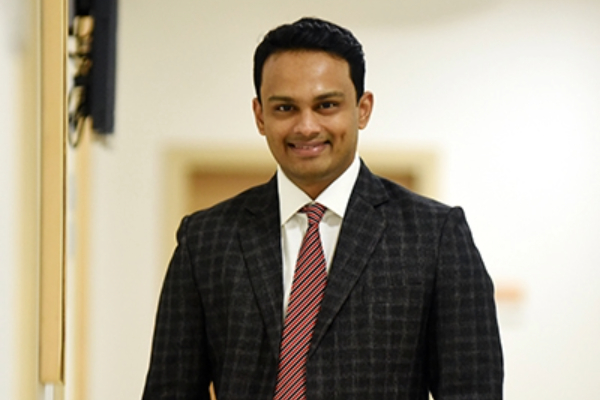Oncology
Exploring Oncology: Understanding Cancer and Its Treatment
Oncology is the branch of medicine dedicated to the study and treatment of cancer, a complex group of diseases characterized by the uncontrolled growth and spread of abnormal cells.
Key Aspects of Oncology:
- Cancer Types:
– Cancer can manifest in various forms, affecting different organs and tissues in the body. Common types include breast cancer, lung cancer, prostate cancer, and colorectal cancer, among others.
- Cancer Staging:
– Staging is a crucial aspect of cancer diagnosis, determining the extent and severity of the disease. Staging helps oncologists plan appropriate treatment strategies.
Common Treatment Modalities:
- Surgery:
– Surgical intervention involves removing tumors and surrounding tissues. It is often the primary treatment for solid tumors and can be curative or used to alleviate symptoms.
- Chemotherapy:
– Chemotherapy involves the use of drugs to kill or slow the growth of cancer cells. It may be administered orally or through intravenous infusion and is often part of a comprehensive treatment plan.
- Radiation Therapy:
– Radiation therapy utilizes high doses of radiation to target and destroy cancer cells. It can be used as a standalone treatment or in combination with surgery and chemotherapy.
- Immunotherapy:
– Immunotherapy boosts the body’s natural defenses to fight cancer. This innovative treatment approach is designed to enhance the immune system’s ability to identify and destroy cancer cells.
Cancer Prevention and Early Detection:
- Regular Screenings:
– Early detection is key to successful cancer treatment. Regular screenings, such as mammograms, Pap smears, and colonoscopies, can help identify cancer at its earliest, most treatable stages.
- Healthy Lifestyle Choices:
– Adopting a healthy lifestyle, including a balanced diet, regular exercise, and avoiding tobacco and excessive alcohol consumption, can contribute to reducing the risk of developing certain types of cancer.
When to Consult an Oncologist:
If you or a loved one has received a cancer diagnosis or if you’re experiencing symptoms such as unexplained weight loss, persistent pain, or changes in bowel or urinary habits, it’s important to seek the expertise of an oncologist. Oncologists specialize in diagnosing and treating cancer, providing personalized care plans based on the specific type and stage of the disease.
Holistic Support and Survivorship:
Oncology care extends beyond treatment. It includes emotional and psychological support for patients and their families. Survivorship programs aim to enhance the quality of life for cancer survivors, addressing long-term physical and emotional needs.










